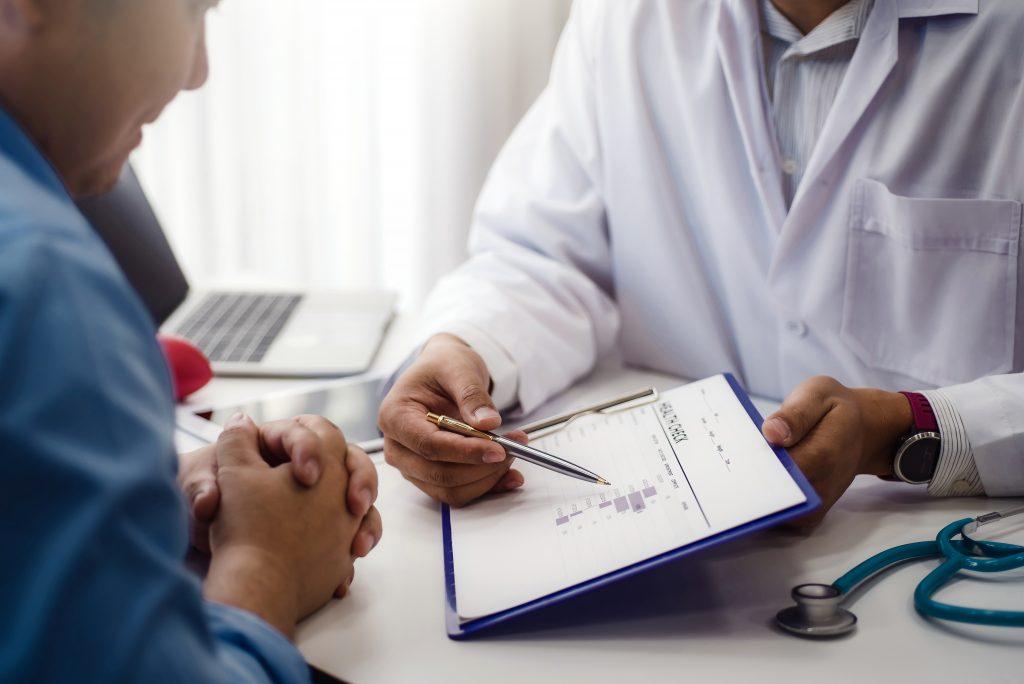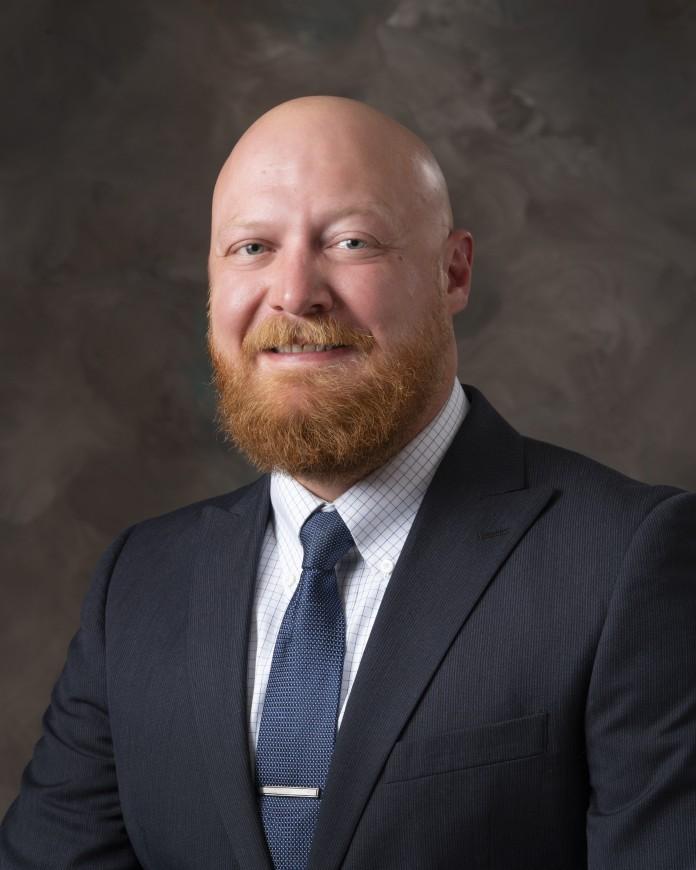Casey L. Cochran, DO, a physician at St. Mary’s Family Medicine North, explains the important role of a primary care provider (PCP).
Q. Why should I have a primary care provider (PCP)?
A. The role of the PCP is to facilitate the organization of patient care. We can be considered the gate keepers to the patient care plan, acting as patient advocates as much as possible. Our desire is to form lasting relationships with our patients to encourage preventive measures with the goal of a longer, healthier life, as well as direction and organization if more serious health issues arise.
Q. What types of preventive care services are covered by insurance?
A. There are a multitude of preventive services covered by insurance carriers. Some of these include wellness exams performed on at least a yearly basis for women, men and children. Other covered services may include preventive immunizations and screening exams, from blood pressure monitoring to routine colon cancer screening.
It is important that patients visit their PCP to discuss appropriate routine screenings to formulate a plan and goal for prevention. I encourage patients to be informed about their insurance plans — know what your plan provides and take advantage.

Doctor talking to the patient about menopause and treatment in future. 
Doctor explain health check document of male patient in medical clinic or hospital mental health. health and doctor concept.
Q. What are the most important routine screenings for adults?
A. In the U.S., the top five causes of death are heart disease, cancer, accidents, chronic lower respiratory disease and stroke. The goal with screening is to reduce the occurrence of these conditions in our patient population and society. Different screenings have different recommendations based on personal and family history, and should be discussed with your PCP.
Adults should discuss appropriate colon cancer screening, breast cancer screening (primarily for women but for some men based on family history) cervical cancer screening, cholesterol checks, blood pressure monitoring and blood sugar evaluations, to name a few. Understand that current or historical use of tobacco can require other screening processes that may not be necessary for patients with a non-smoking history.
Q. How should I prepare for a visit?
I highly recommend patients arrive for their visits at least 15 minutes prior to their appointment, as there will be information that will need to be obtained prior to the PCP visit. Try to bring in your insurance information, as much historical medical documentation as possible, and knowledge and lists of previous healthcare providers. I recommend patients bring all of their medications for evaluation and review.
I always encourage my patients to learn and understand as much as they can about their personal health, ask questions when they arise and never feel self-conscious about questions that need to be answered.
To schedule an appointment, call 580-249-3782 or book online at www.stmarysphysicianassociates.com

For language assistance, disability accommodations and the non-discrimination notice, visit our website.






